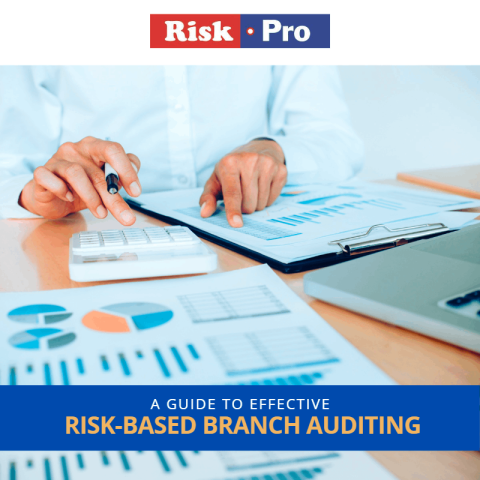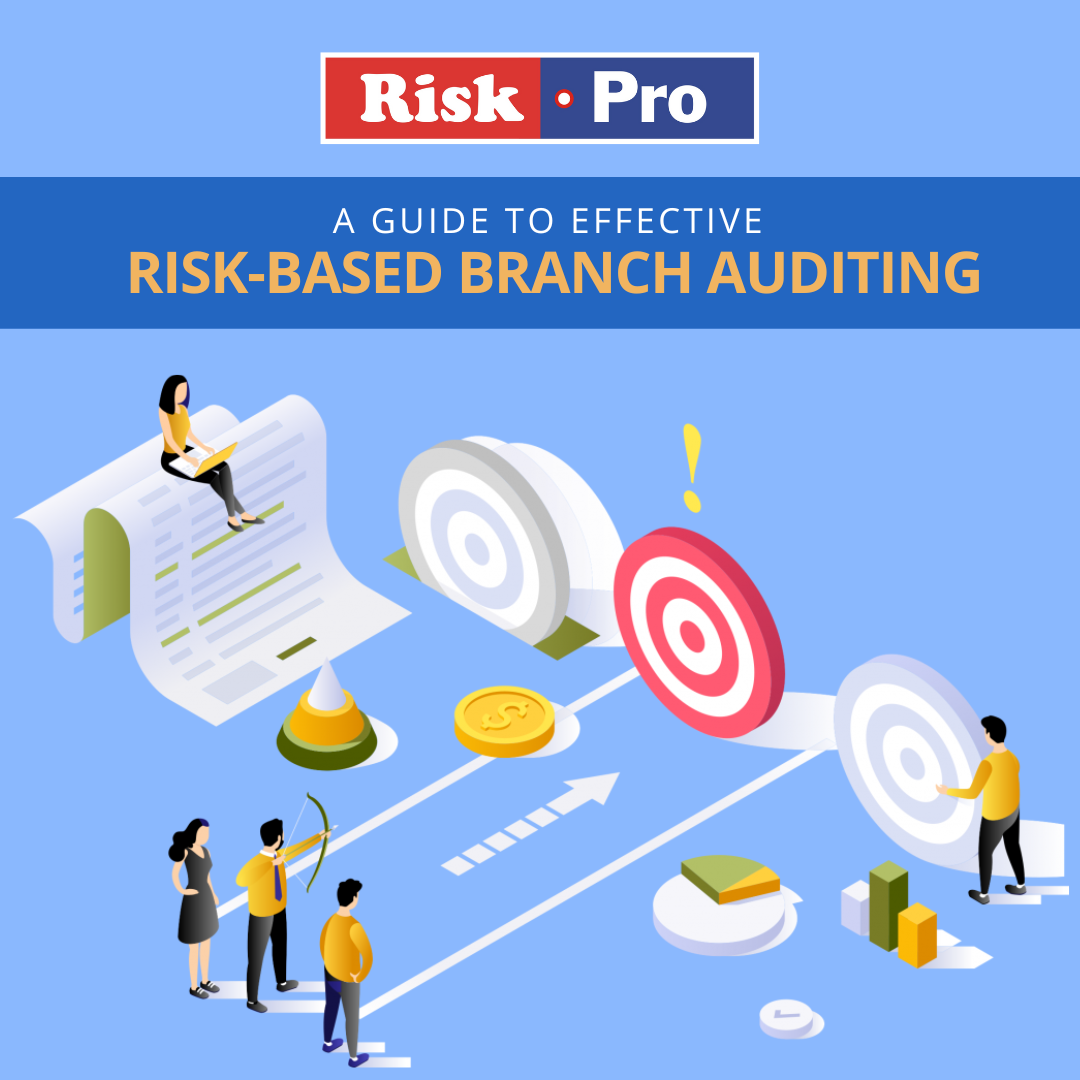
Understanding Branch Audits
A branch audit is a type of audit that is conducted at a branch office or location of a company. The purpose of a branch audit is to verify the accuracy and completeness of the financial and operational records of the branch and to identify any issues or risks that may require further attention.
The branch audit process typically involves a review of the branch's financial statements, accounting records, and operational procedures. The auditor will examine the branch's compliance with company policies and procedures, and may also review internal controls and risk management processes.
The results of a branch audit can help to identify areas for improvement, such as weaknesses in internal controls or operational procedures, and can also provide insights into the overall financial health of the branch. This information can be used by management to develop strategies to improve branch performance and reduce the likelihood of financial or operational risks.
Branch audits are an important tool for companies looking to improve their risk management practices and ensure the accuracy and completeness of their financial and operational records.

Benefits of Branch Audits
Branch audits can provide several benefits to companies, including improved risk management, improved financial performance, and improved compliance with regulations. Here are some of the key benefits of branch audits:
-
Improved risk management:
Branch audits provide a structured approach to identifying potential issues and risks at the branch level, which can help companies to reduce the likelihood of financial or operational losses.
-
Improved financial performance:
By identifying areas for improvement and developing strategies to improve branch performance, companies can improve their overall financial performance.
-
Improved compliance with regulations:
Branch audits can help companies to ensure compliance with regulations related to financial reporting and internal controls.
-
Improved stakeholder confidence:
By demonstrating a commitment to sound risk management practices and accurate financial reporting, companies can improve stakeholder confidence and support overall business objectives.
In conclusion, branch audits are an essential tool for companies looking to improve their risk management practices, ensure the accuracy and completeness of their financial and operational records, and support overall business objectives. By identifying potential issues and risks at the branch level and developing strategies to mitigate those risks, companies can improve their overall financial performance and reduce the likelihood of financial or operational losses. To know more about our Risk-Based Branch Auditing advisory, please contact us at info@riskpro.in
